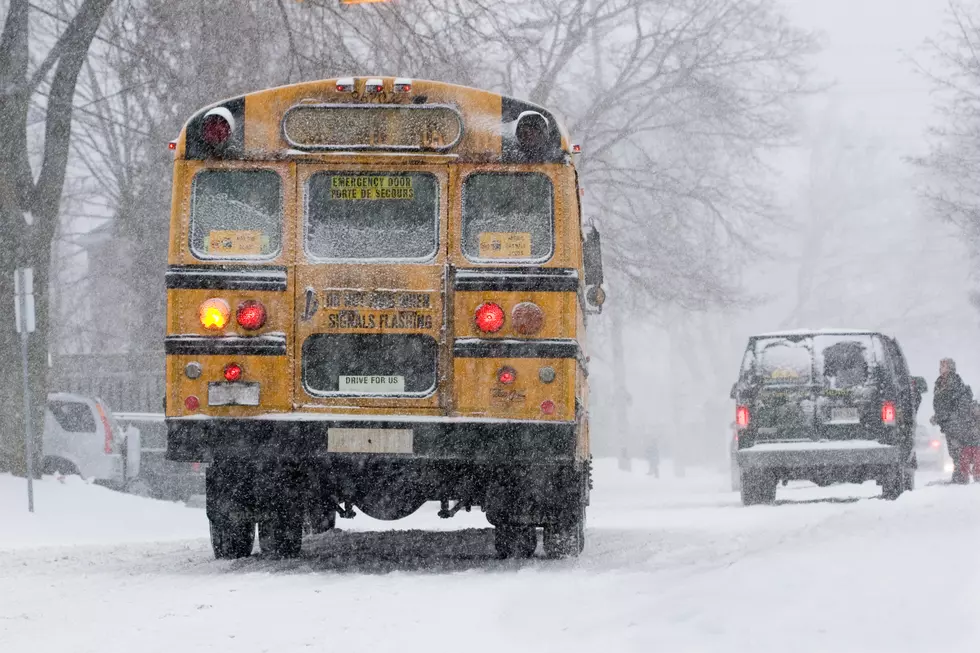
Governer Of MA Extends The Time Kids Will Be Out Of School
This is a hard time for everyone and people with children now have more added pressure a press released from governor Bakers Office Wednesday afternoon, says children here in Massachusetts will not be going back to school until May.
They are extending the closure of all public and private schools and non-emergency child care programs and steps to protect homeowners and low-income tenants from eviction and foreclosure.
The Department of Public Health (DPH) also issued an order relative to pharmacies and grocery stores.
Schools and Non-Emergency Child Care Programs: Governor Charlie Baker issued an emergency order extending the closure of all public and private schools, and all non-emergency childcare programs, until May 4 in an effort to prevent the further spread of COVID-19 in the Commonwealth.
This order expands on previous orders issued on March 15 and March 18 suspending normal educational operations at schools and non-emergency child care programs until April 6, and the Department of Early Education and Care (EEC) established a process to approve Exempt Emergency Child Care Programs to serve vulnerable children and families of first responders and essential workers.
This closure extends one week beyond scheduled spring vacation week on most school district calendars.
The order does not apply to residential special education schools.
This extension will allow school administrators and educators to add planning time to ensure students can complete course requirements, as well as provide teachers with time to expand remote learning opportunities.
Read the Orders here: K-12 School Order | Early Education School Order
Remote Learning and Education: During this time, the Department of Elementary and Secondary Education (DESE) is requesting that educators continue to develop and assemble high-quality educational materials to provide students with effective remote learning resources through the month of April. The Department is also creating a model for districts to use and modify in collaboration with local stakeholders to fit their school district’s needs and will continue to work with schools to identify best practices for implementing effective remote learning.
Remote learning encompasses a wide variety of learning methods, including both analog and online. While technology is an excellent tool, districts should also consider ways students can continue to learn offline.
More From WUPE









